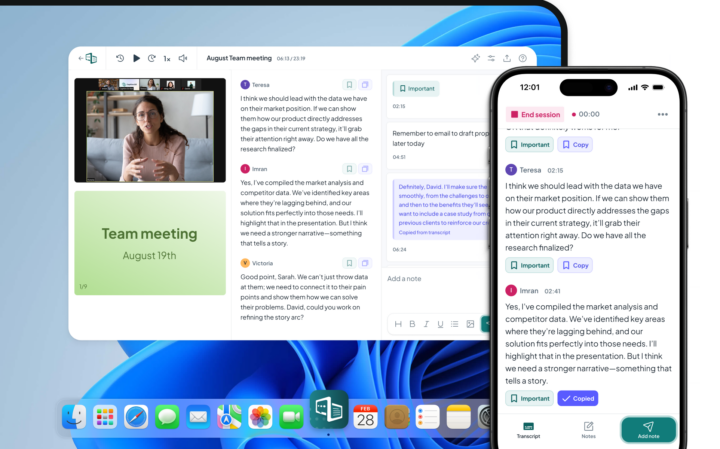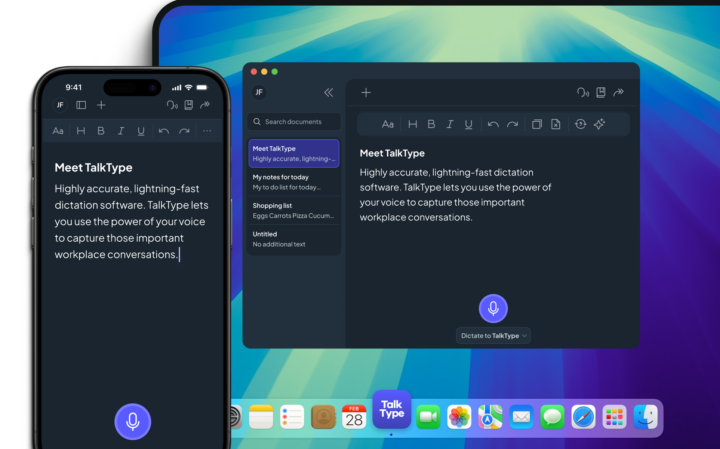The Importance of University and Workplace ADHD Accommodations
Since ADHD brains appear to function differently from non-ADHD brains, we can’t expect individuals with ADHD to perform at their best in neurotypical environments. It would be a bit like asking somebody to write with their non-dominant hand and expecting beautifully neat handwriting. It’s not entirely impossible, but for the average person, it would be exceedingly difficult. That’s where accommodations come in.
Why We Need ADHD Accommodations at Work
For employees with ADHD, symptoms can get in the way of even the most basic tasks. For example, without the right accommodations, someone who particularly struggles with inattention may find that a busy office or loud working environment makes it hard for them to type. General chit-chat, telephone calls, and even people moving around the space may be highly distracting, making it challenging to focus on tasks or maintain productivity.
Why We Need Accommodations for Students with ADHD
ADHD can have a big impact on learning too. For example, for a student at university with hyperactive-impulsive type ADHD, the expectation to sit still in lectures and stay quiet for hours on end may feel almost impossible and make it harder for them to absorb new information.
In some cases, individuals with this type of ADHD can find that quiet environments like lecture theatres, libraries, and exam rooms exacerbate restlessness and boredom, making it even harder to manage symptoms.
What’s more, people with ADHD often have co-existing conditions. According to a publication released by the National Library of Medicine, up to 80% of adults with ADHD have at least one co-occurring psychiatric condition. Of those conditions, depression is common, with ADHD individuals three times more likely to develop major depressive disorder.





